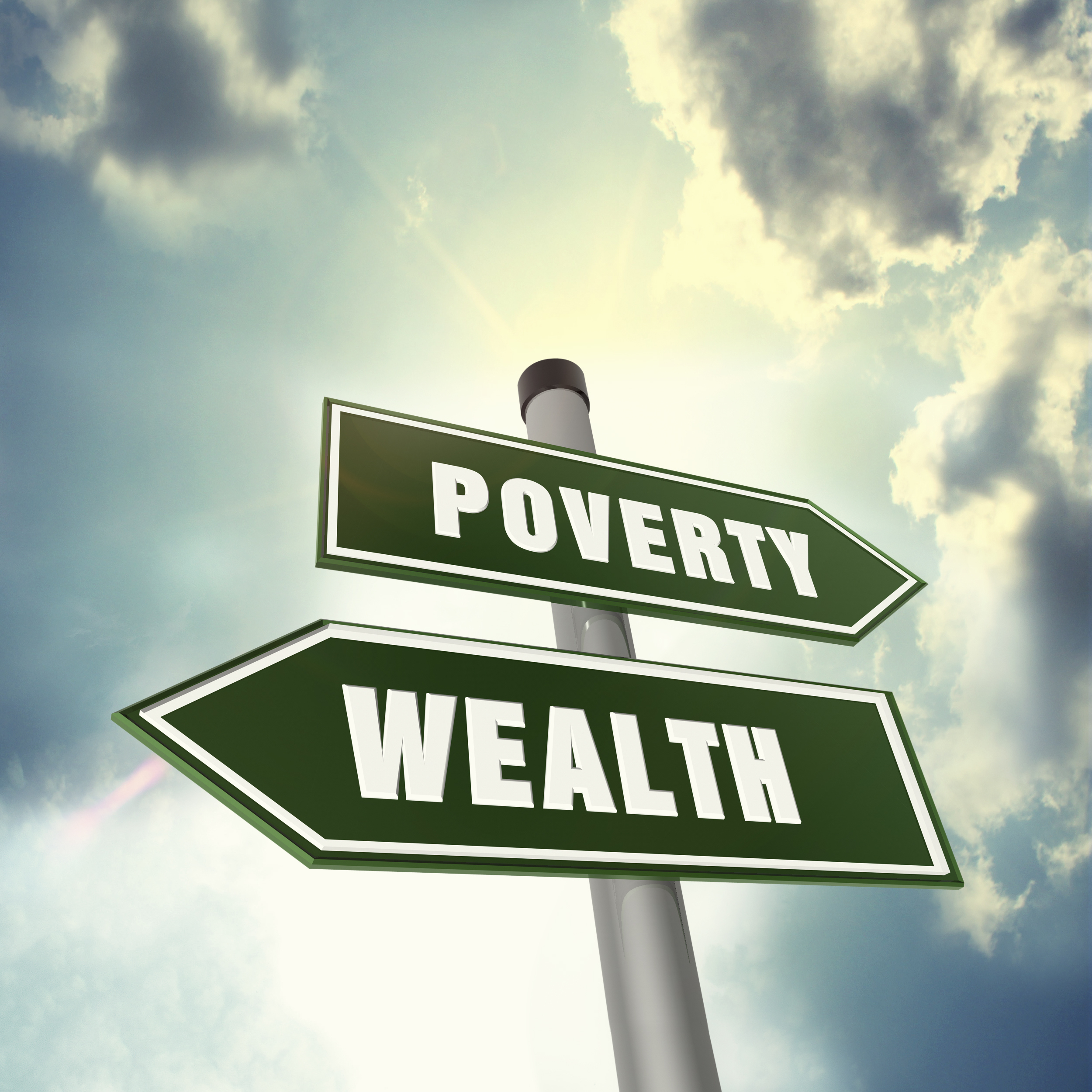
The rich did get richer, with the income of the top 1% of Americans rising 188% between 1979 and 2013, according to the Congressional Budget Office (CBO).
Income in the bottom four quintiles (80% of the population) rose only 18% over the same period. The contrast between the two groups would argue that the poor and middle class are getting poorer.
The CBO has its own special definition of income:
In 2013, according to the Congressional Budget Office’s estimates, average household market income—a comprehensive income measure that consists of labor income, business income, capital income (including capital gains), and retirement income—was approximately $86,000.
And the rich are clever when it comes to moving their tax burdens:
Before-tax income was unevenly distributed across households in 2013. Average before-tax income among households in the lowest one-fifth (or quintile) of the distribution of before-tax income was approximately $25,000 in 2013, CBO estimates . Among households in the middle income quintile, average before-tax income was about $70,000. Households in the highest income quintile had average before-tax income that was much higher—approximately $265,000. In response to tax law changes that went into effect in 2013, some taxpayers—especially those at the top of the income distribution—shifted some income into 2012 to avoid the higher tax rates on that income in 2013. Because of that income shifting, income at the top of the distribution was lower in 2013 than it would have been in the absence of those tax law changes.
At least the rich carry a large part of the tax burden:
Households in the highest income quintile received a little more than half of total before-tax income and paid more than two-thirds of all federal taxes in 2013. Households in other income groups received considerably smaller shares of before-tax income and paid considerably smaller shares of federal taxes.
Looked at another way:
Between 1979 and 2013, all three measures of income examined in this report—market income, before-tax income, and after-tax income—became less equally distributed, based on a standard measure of inequality known as the Gini index. The increase in inequality in both before-tax and after-tax income over the 35-year period stemmed largely from a significant increase in inequality in market income, mostly because of substantial income growth at the top of the market income distribution.
Regardless of its measure, the rich do get richer, according to the CBO.
Are You Ahead, or Behind on Retirement? (sponsor)
If you’re one of the over 4 Million Americans set to retire this year, you may want to pay attention.
Finding a financial advisor who puts your interest first can be the difference between a rich retirement and barely getting by, and today it’s easier than ever. SmartAsset’s free tool matches you with up to three fiduciary financial advisors that serve your area in minutes. Each advisor has been carefully vetted, and must act in your best interests. Start your search now.
Don’t waste another minute; get started right here and help your retirement dreams become a retirement reality.
Thank you for reading! Have some feedback for us?
Contact the 24/7 Wall St. editorial team.


